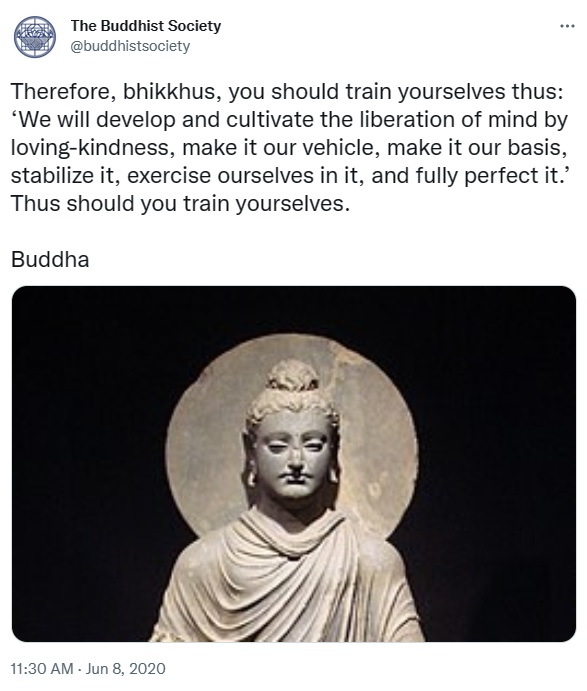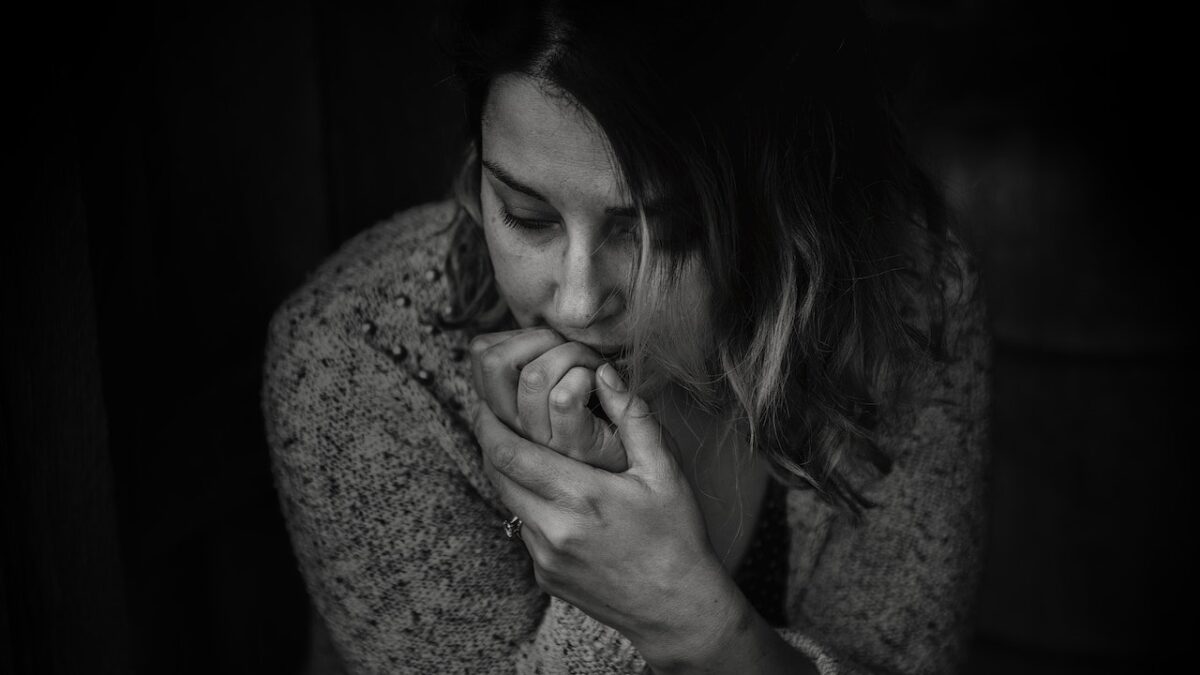It turns out being nice can make you happy. Who would’ve thought?
A new study from The Ohio State University published in the Journal of Positive Psychology Tuesday found small, simple acts of kindness were the best medicine to alleviate symptoms of depression.
“Social connection is one of the ingredients of life most strongly associated with well-being. Performing acts of kindness seems to be one of the best ways to promote those connections,” David Cregg, a co-author of the study, said in a statement.
Cregg worked on the study as part of a Ph.D. dissertation with Ohio State Psychology Professor Jennifer Cheavens. Together, the pair examined 122 people in central Ohio who reported “moderate to severe symptoms of depression, anxiety, and stress.” Participants were divided into three cohorts, each assigned different techniques to calm their symptoms: planning social activities, cognitive reappraisal, and acts of kindness. Such “acts of kindness” were defined as “big or small acts that benefit others or make others happy, typically at some cost to you in terms of time or resources.”
The researchers found acts of kindness to be the most effective.
“We often think that people with depression have enough to deal with, so we don’t want to burden them by asking them to help others. But these results run counter to that,” Cheavens said. “Doing nice things for people and focusing on the needs of others may actually help people with depression and anxiety feel better about themselves.”
Community connections created by sacrificial acts of kindness were at the heart of the participants’ improvement, Cheavens said.
“There’s something specific about performing acts of kindness that makes people feel connected to others. It’s not enough to just be around other people, participating in social activities,” she explained.
The research underscores the role of social isolation in the nation’s omnipresent mental health crisis. Addiction to screens that offer cheap dopamine hits from the comfort of one’s home has cheapened social interaction, all while polarization divides our neighbors.
The study’s findings, that acts of kindness make for happier people, should not at all be surprising. Humans have understood since the conception of our species that kindness is inherent to what it means to live a happy life. Moral philosophers like Siddhartha Gautama, commonly referred to as “Buddha” in the religion he founded, have preached a similar message for centuries.

A groundbreaking study published last summer rejected the assertion that depression is caused by a chemical imbalance. In other words, depression may be entirely circumstantial. With more and more Americans reporting symptoms of anxiety and depression, a trend that was rising even before pandemic lockdowns exacerbated them, something profound is happening in the culture.
The fact that the effects of kindness on depression even needed to be studied is telling. Americans need to normalize kindness again, driven by desires to plant roots and live in harmony with our communities. Instead, many Americans have succumbed to the pitfalls of technology, and are growing narcissistic as a consequence.









